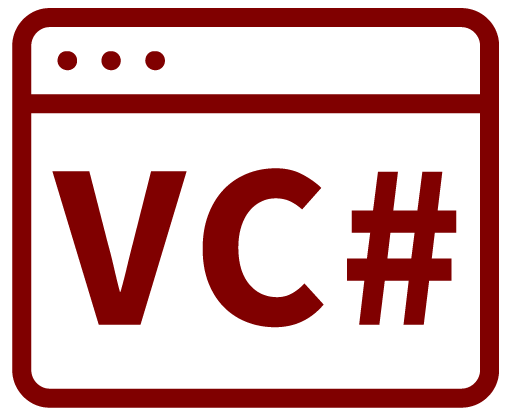Declaring
List<byte> LogEvents = new List<byte>();
//or for a class:
List<LogEventClass> LogEvents = new List<LogEventClass>();
Adding Objects
LogEventClass LogEvent1 = new LogEventClass();
LogEvents.Add(LogEvent1);
Add Array
LogEvents.AddRange(System.Text.Encoding.UTF8.GetBytes(NameText));
Removing Objects
Find the object index then
LogEvents.RemoveAt(Index);
There is also RemoveRange or just Remove where you specify an exact match for it to find and remove.
Total Number Of Objects In A List
for (Count = 0; Count < LogEvents.Count; Count++)
{
Reading A List Item
Use an index as with an array.
SomeVariable = LogEvents[Index];
Working Through A List
for each (LogEventClass LogEvent in LogEvents)
{
}
Clear A List
LogEvents.Clear();
Convert List To An Array
Use .ToArray();
Copy An Array To A List
List<LogEventClass> LogEvents = new List<LogEventClass>(SomeArray);
USEFUL?
We benefit hugely from resources on the web so we decided we should try and give back some of our knowledge and resources to the community by opening up many of our company’s internal notes and libraries through resources like this. We hope you find it helpful.
Please feel free to comment if you can add help to this page or point out issues and solutions you have found, but please note that we do not provide support here. If you need help with a problem please use one of the many online forums.

